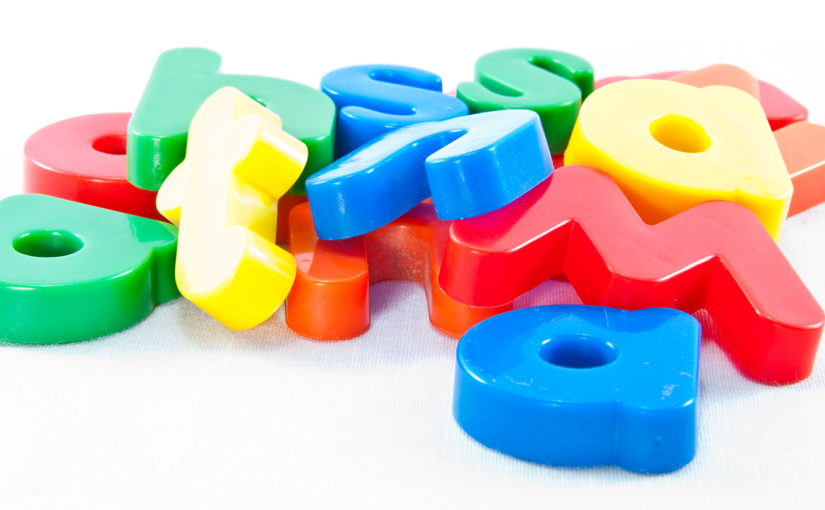Why do we need to alphabetize?
Even in our modern digital age, alphabetization plays an important role in our every day lives. From looking up a contact on our iPhone, to finding a CD in a music store, (they still have those?) knowing your letters is a valuable skill that isn’t headed for obsolescence any time soon!
A few reasons we need to learn how to alphabetize a list include:
- Locating a song in a playlist
- Finding a book in the library
- Looking up definitions in a dictionary or pages and chapters in a textbook
- Filing work documents
How to Teach Alphabetization?
Many teachers teach their students how to alphabetize in four steps which slowly build up their familiarity with the alphabet, ability to recall the order of letters, and ability to alphabetize by more than one letter at a time. These stages are as follows:
Stage 1: Learn to put Letters in Order
In the first stage of learning to alphabetize, children who are already familiar with the alphabet will practice putting letters in order. Typically this is done with tiles or flash cards that contain every letter of the alphabet. Children are asked to put the tiles in order, or are asked to put the letter down which follows a particular letter, by reciting the ABC’s and figuring out which letter is appropriate.
Stage 2: Learn to Alphabetize Words to the First Letter
Once the child becomes confident organizing the letters of the alphabet, they will be able to learn to alphabetize words. This can be done by putting words on pieces of paper or flash cards and pointing out the first letter of each word. Then those letters can be circled and compared to other words and sorted accordingly. Having the alphabet on-hand can also be useful in case the child forgets the order of letters.
Stage 3: Alphabetize to the Second, Third and Fourth Letters
At this stage, students will be presented with words that begin with the same first two, three or four letters. They will be asked to compare the words until they find differences in the lettering and to determine which of the differing letters come first and and which position in the word they occur.
State 4: Alphabetizing Proper Nouns, Names and Unique Circumstances
At the more advanced levels, students can learn to compare surnames with unique capitalization, how to sort a list of titles by ignoring articles, and other advanced rules for alphabetization.
Alphabetizing is still an important skill, so work with your children on it. Who knows when an electromagnetic pulse will permanently disable all our electronics and we’ll be back to doing things the old way!
And be sure to check out The Alphabetizer for help with all your sorting needs!
